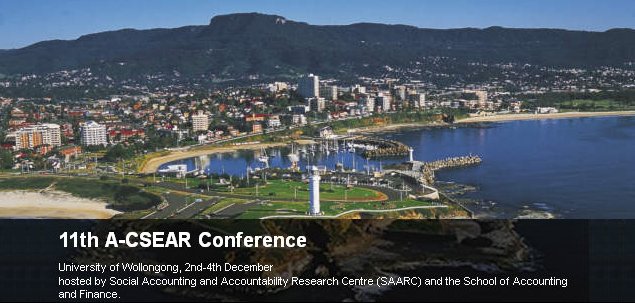Location
Bld 67.201
Start Date
2-12-2012 1:30 PM
End Date
2-12-2012 2:00 PM
Description
Purpose Water resources are subject to global constraints. This paper utilises the concepts of new institutional sociology to explore how water management change progressing across a field of organisations in Australia at a time of acute drought conditions into the late 2000s. Design methodology/approach Semi-structured interviews were conducted with a range of individuals from 2008 to 2010. Findings A range of weak and un-coordinated drivers motivated pervasive water management change in some of the case organisations. Those would-be leaders sought to invoke a sense of a water management field, and champion the nascent logics, along with the theorisation developing in it, in order to gain some competitive advantage. Drawing on the concept of theorisation, we argue that efforts to promote water management change were intensifying into 2010. Our arguments suggest that while the field lacked clear and strong co-ordinating champions for change, an institutionalisation of water management change was progressing.
Evidence for the institutionalisation of water management change in Sydney
Bld 67.201
Purpose Water resources are subject to global constraints. This paper utilises the concepts of new institutional sociology to explore how water management change progressing across a field of organisations in Australia at a time of acute drought conditions into the late 2000s. Design methodology/approach Semi-structured interviews were conducted with a range of individuals from 2008 to 2010. Findings A range of weak and un-coordinated drivers motivated pervasive water management change in some of the case organisations. Those would-be leaders sought to invoke a sense of a water management field, and champion the nascent logics, along with the theorisation developing in it, in order to gain some competitive advantage. Drawing on the concept of theorisation, we argue that efforts to promote water management change were intensifying into 2010. Our arguments suggest that while the field lacked clear and strong co-ordinating champions for change, an institutionalisation of water management change was progressing.


